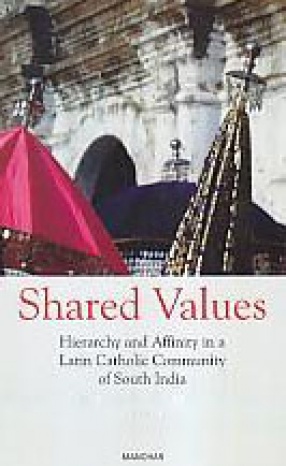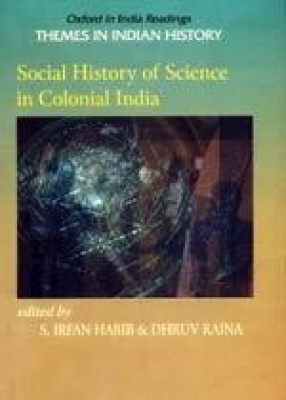The study, based on ethnographic fieldwork in a multi-caste village in coastal Kerala, focuses on the region’s Latin Catholic community.
The Latin Catholics were converted by Portuguese missionaries in the sixteenth century and constitute one of the many different Christian communities in the state. The few existing studies on these Christian minorities, which make up about 19 per cent of Kerala’s population, have generally highlighted their separate identity and emphasized aspects that distinguish them from Hindu society.
The present book follows another perspective. Guided by the theoretical approach of Louis Dumont, it demonstrates that the Latin Catholics, though differing in important respects from their Hindu neighbours, share basic value-ideas with them and are thus part of a pan-Indian pattern.
An analysis of the Latin Catholics social organization, kinship system, gift exchange, life-cycle and annual rituals against the background of relevant anthropological theories of caste, kinship, and exchange shows that the Latin Catholics follow a specific Indian ideology of social classification: hierarchy and affinity are valued in the Latin Catholic community, just as they are in Indian caste society in general.
The study, which applies Dumont’s concept of value-ideas to a South Asian Christian community for the first time, entails a detailed theoretical discussion of the critique on his theory as well as a comprehensive comparison with the work of Marilyn Strathern. Following Dumont’s differentiation of holistic and individualistic societies, it argues for the acceptance and recognition of the existence of different models of social classification.





There are no reviews yet.